
At the Edge of Wireless Innovation
More than three decades after Duke faculty helped develop modern wireless technology, the university remains at the forefront of its future.
Duke’s Electrical and Computer Engineering research enables creative, applicable solutions to pressing challenges in human health, security, and automation, and new strides in fundamental scientific exploration and discovery. Government and industry organizations are valuable partners at Duke ECE, and our entrepreneurial spirit manifests itself in a growing portfolio of companies spun off from our research.
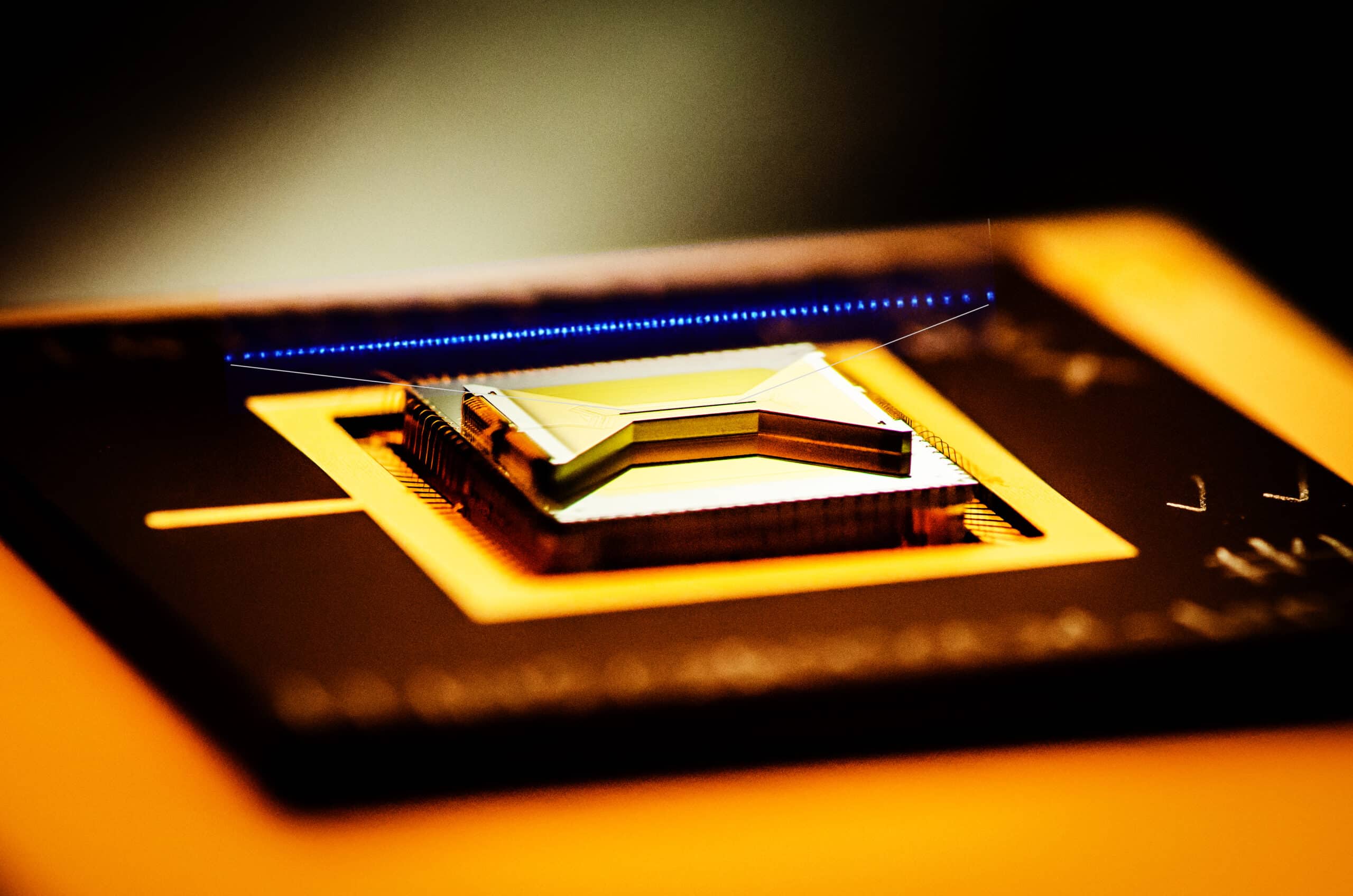
Our faculty are nationally and internationally recognized for research in areas including:

We have built a team of internationally recognized experts in artificial intelligence and machine learning—in fact, Duke ECE is said to be among the world’s top universities in AI/ML research.
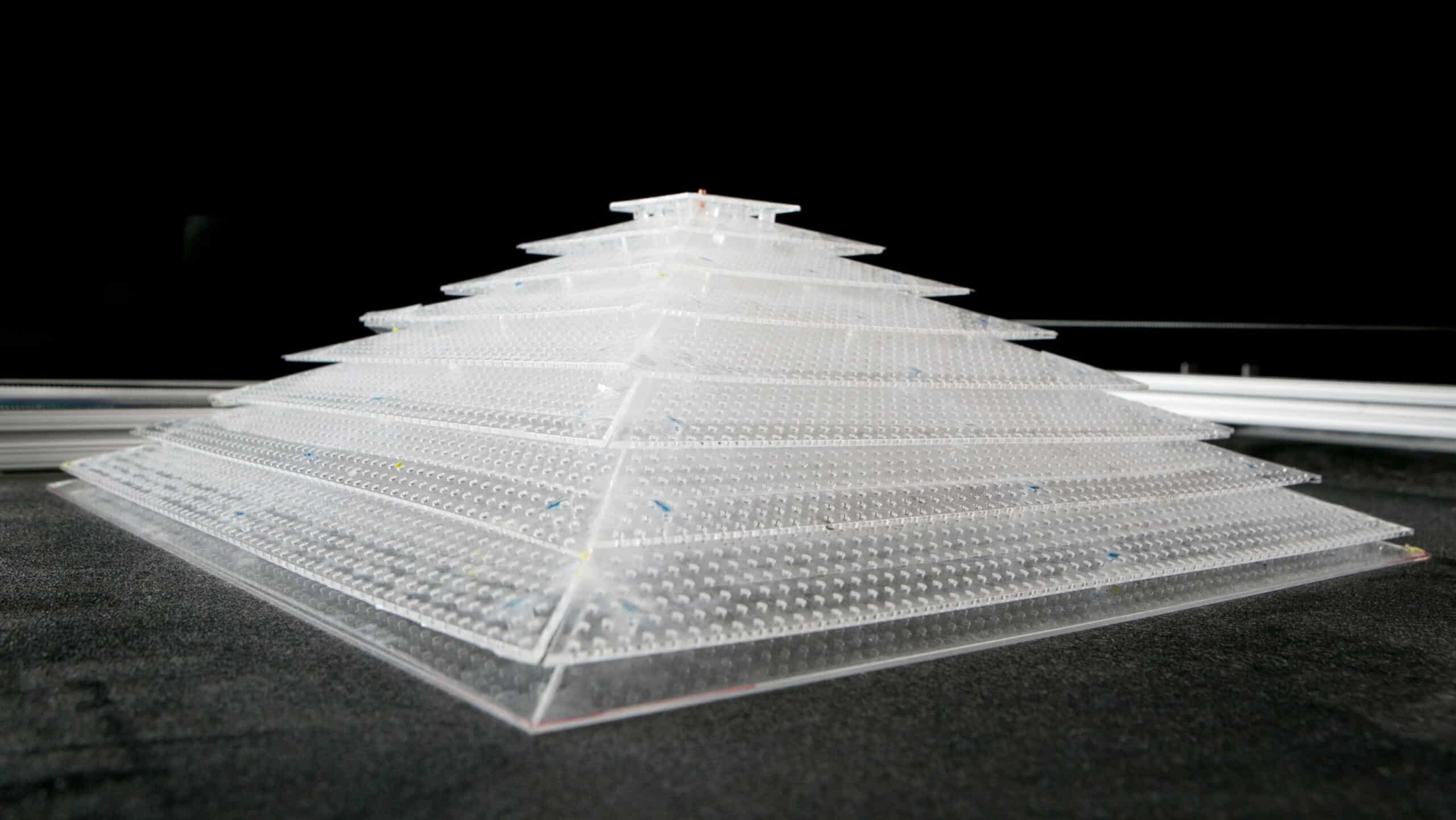
Our faculty members demonstrated the world’s first negative refractive index metamaterial in 2000, and in 2006 a Duke ECE engineer invented a metamaterial “invisibility cloak” that renders objects undetectable at microwave frequencies.
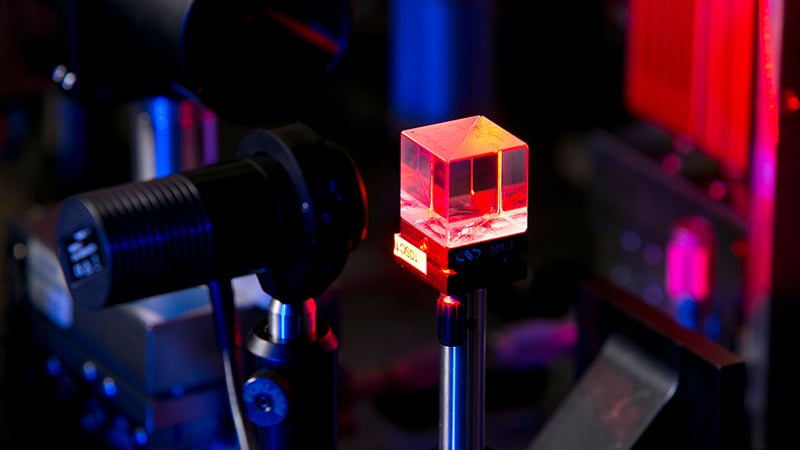
Our internationally recognized quantum computing team—part of the Duke Quantum Center—is replacing the bits of traditional computers with trapped ion qubits, which exist in multiple states at once.
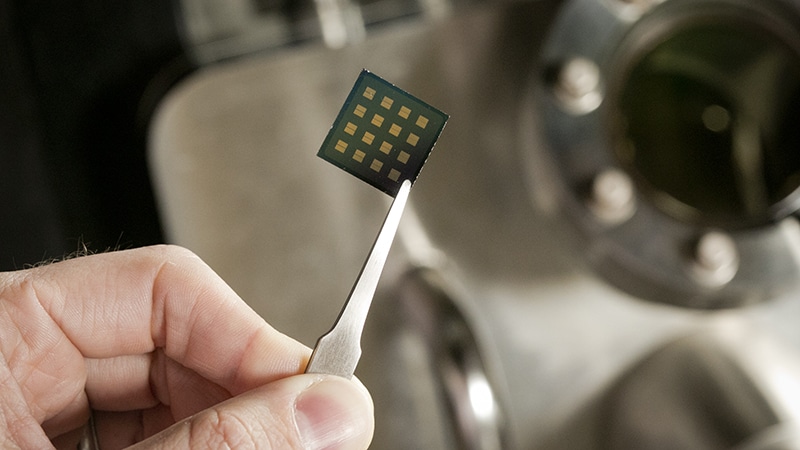
We are working to create self-assembling electronic devices, and exploring the potential of novel electronic materials to enable next-generation transistors, neuromorphic computing, solar cells, photodetectors, and more.
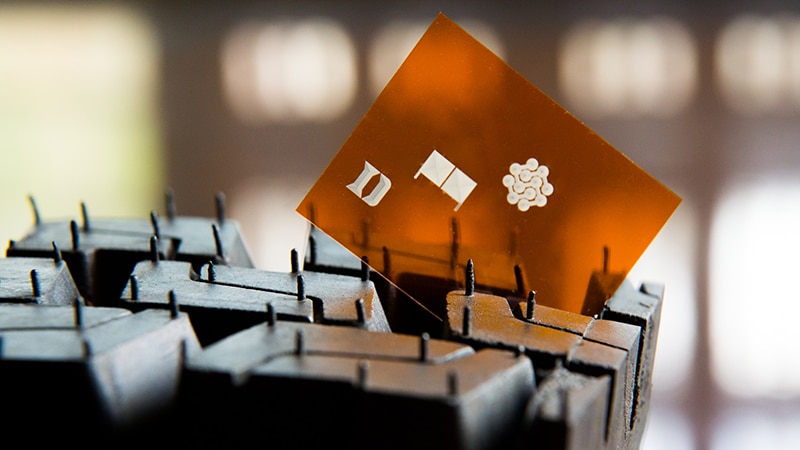
We’re developing novel approaches to gathering and analyzing information to make our world safer and more secure, and healthcare applications faster and more efficient.

Close collaborations with industry and government partners drive our work to secure systems in the Cloud, on the ground and in the air.

More than three decades after Duke faculty helped develop modern wireless technology, the university remains at the forefront of its future.

Researchers are developing technology to attract and absorb contaminants from different sources so the water can be used again.

Emily Edwards is working to educate the public about the wonders of quantum information science through interactive games.
In this Q&A series, Duke ECE faculty members discuss their research, its impact, and how students can get involved.
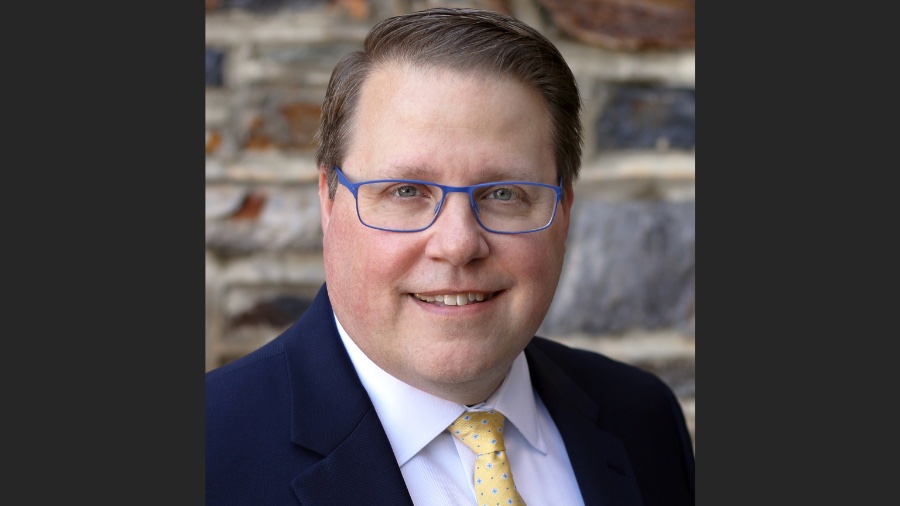
In this Q&A, the optics expert discusses his lab’s computational sensing research and its potential for impact in health and security applications
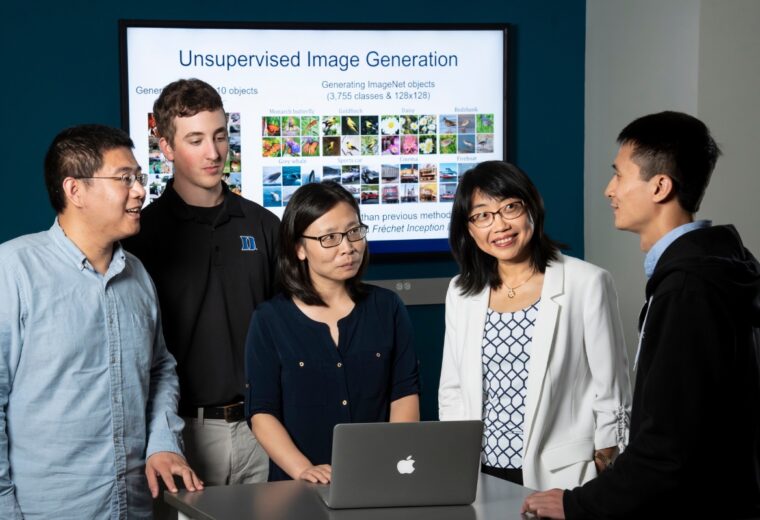
AI expert Hai “Helen” Li discusses how her lab designs new computer technologies, including personalized devices based on personalized algorithms
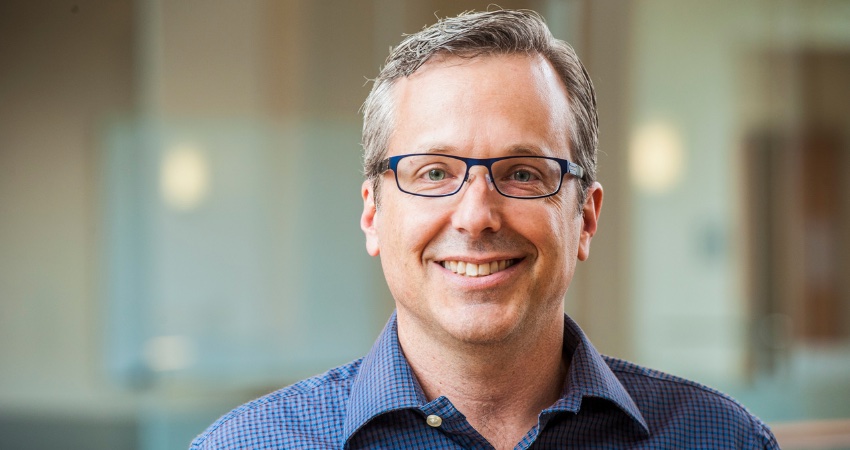
Q&A with ECE professor and metamaterials pioneer, Steve Cummer
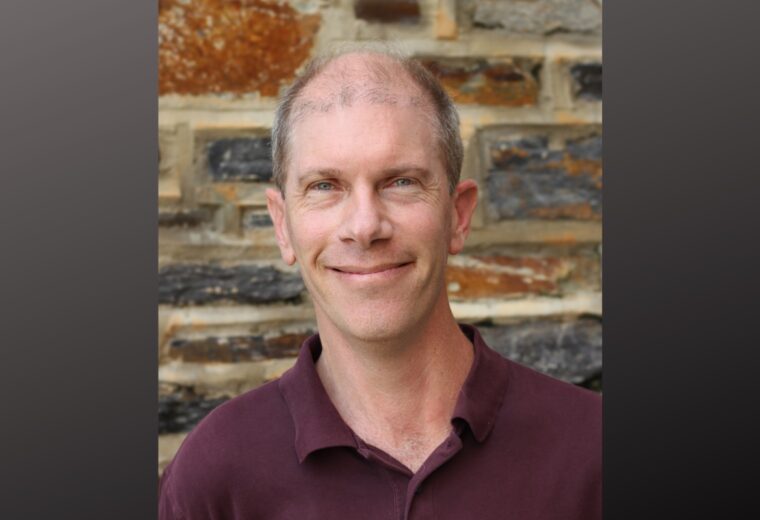
A Q&A with Duke ECE professor and computer architecture expert Daniel Sorin
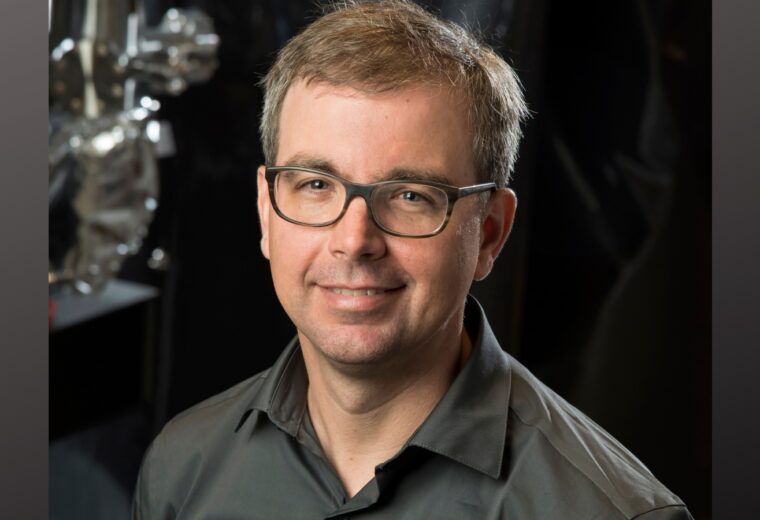
Quantum information scientist Kenneth Brown explains why Duke is positioned to lead the quantum systems charge and how students can explore the field

A Q&A with professor Adrienne Stiff-Roberts about Duke ECE’s Nanoelectronic Materials and Devices research